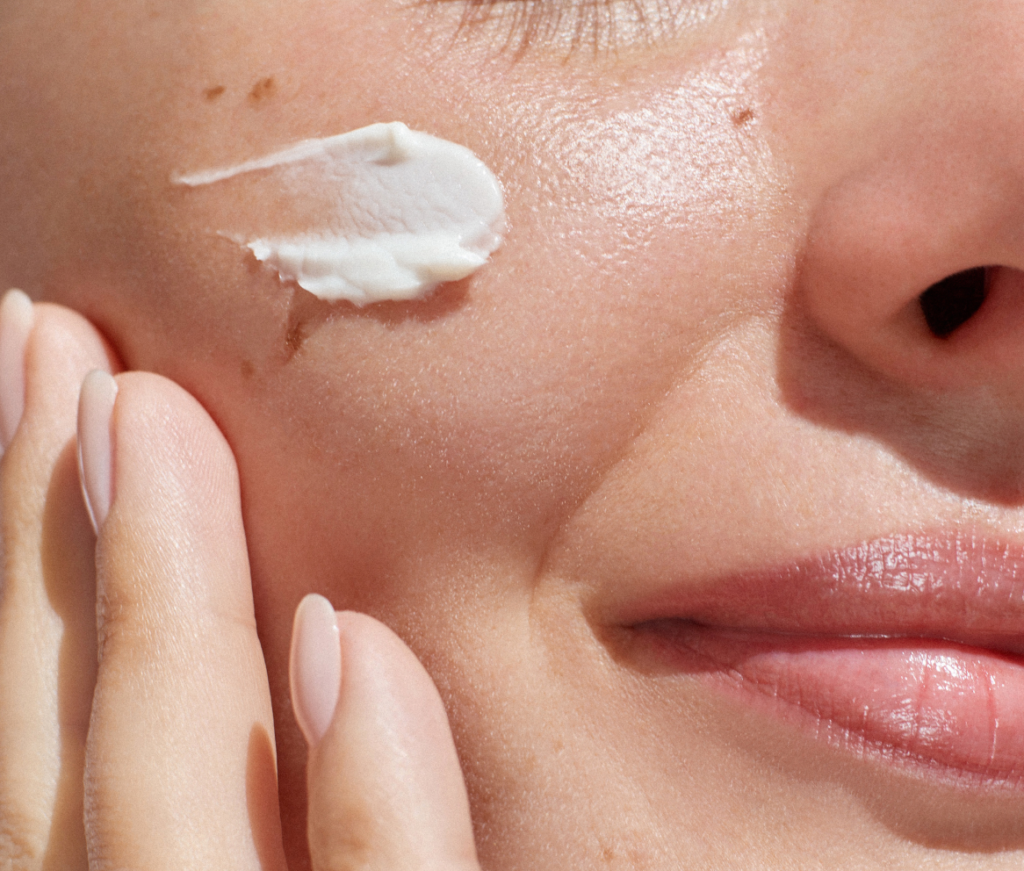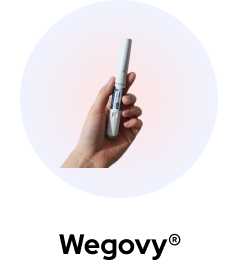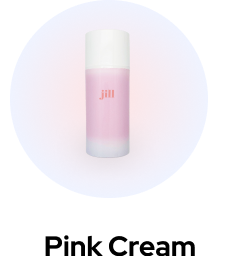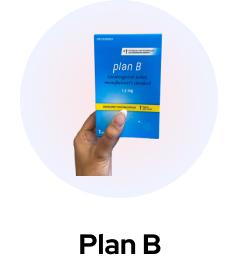Tretinoin (also known as all-trans-retinoic acid) and Retinol (a form of vitamin A) belong to a class of compounds called retinoids which represent the most commonly used active ingredients in topical creams clinically proven to improve skin appearance.
Retinoids have been widely used as dermatological agents due to their effectiveness in treating acne, fine lines and wrinkles, skin conditions caused by sun exposure, blackheads, whiteheads, ichthyosis, psoriasis as well as other skin diseases.
Thanks to their prominent pharmacological effects on skin cells, retinoids are available in many forms, ranging from over-the-counter skin care products, such as Retinol, to potent prescribed medications, such as Tretinoin, which differ in efficiency and price.
In this article we will explain:
- What is Tretinoin
- What is Retinol
- How Tretinoin and Retinol work
- Their side effects
- How to choose between them
- Cost comparison of Tretinoin Vs Retinol products.
What Is Tretinoin?
Tretinoin is pure retinoic acid and represents the most bioactive form that exerts its effects directly on the skin.
Tretinoin is used for:
- acne vulgaris
- skin pigmentation (melasma, post-inflammatory hyperpigmentation..)
- fine lines and wrinkles
- stretch marks
- improvement of skin texture.
Concentrations of topical Tretinoin formulations are ranging from 0.01% to 0.1%.
Retinoic acid can come in different formulas: gel (0.01%, 0.25%), cream (0.025%, 0.05%, 0.1%), new technology microspheres (0.04%, 0.1%), solution (0.05%), and emollient (0.05%).
What Is Retinol?
Retinol is very popular in the beauty industry, but it does not exert its effects directly on the skin. Following application on the skin it gets absorbed and then undergoes metabolic transformation that converts it to retinoic acid.
Retinol is the most frequently used retinoid for treatment of fine lines, dryness, improvement of skin texture and dyspigmentation.
Most of the Retinol for commercial purposes is synthetically derived, whereas natural skin care products contain Retinol obtained from animal sources (e.g. chicken liver) or beta carotene, precursor of Retinol acquired from plants (e.g.Rosehip oil).
Retinol is used in a wide range of concentrations, between 0.0015% and 0.3% and its optimal concentration has not been determined yet. The efficacy depends on the concentration of Retinol in the product, how old the product is and an individual’s rate of Retinol to retinoic acid conversion.
Some of the best available over-the counter products containing Retinol are:
- Retin-A Tretinoin Microsphere Gel 0.04%
- A313 cream (0.12% Retinol)
- La Roche-Posay Effaclar Adapalene Gel 0.1% Retinoid Acne Treatment (0.1% Retinol)
- SkinCeuticals Retinol 1.0 maximum strength refining night cream (1.0% Retinol)
- SkinBetter Science AlphaRet overnight cream (1.0% Retinol).
How Do Tretinoin and Retinol Work
Retinoids exert profound effects on major skin cells including increased skin cell turnover, active collagen production and prevention of collagen degradation, biosynthesis and deposition of the glycosoaminoglycans and lightening of hyperpigmentation.
Tretinoin
Tretinoin affects the skin by:
- stimulating epidermal cell proliferation
- reducing inflammation in sebaceous glands by accelerating the elimination of sebum from ducts
- loosening connection among cells in stratum corneum
- inhibiting keratosis.
Retinol
Benefits of Retinol at the cellular level include:
- inhibiting collagenase and Matrix metalloproteinases (MMP) expression
- stimulating fibroblasts to synthesize collagen fibers
- removing degenerated elastin fibers
- promoting angiogenesis
- stimulating collagen type I and Glycosaminoglycans (GAGs) synthesis.
Side Effects of Tretinoin and Retinol
Retinoids should be slowly introduced with a lower concentration of the active ingredient which should be gradually increased over time to a tolerable level. It can be of great help to combine retinoids with non-comedogenic moisturizers.
Tretinoin and Retinol side effects overlap, but as Tretinoin is more potent than Retinol its side effects can be more serious. Commonly observed side effects, depending on the concentration, mode and frequency of application, and underlying skin conditions, include: dryness, redness and increased sensitivity to sunlight. It is advisable to use SPF 30+ sunscreen to reduce the risk of sun damage.
Side effects that require consultation of a healthcare provider include allergic reaction, burning sensation, crusting or peeling of treated skin. Also, it is highly recommended to avoid use of retinoids during pregnancy because they can cause birth effects.
Possible Tretinoin side effects can include:
- temporary stinging or burning sensation upon applying
- skin discoloration
- skin rash or redness
- peeling or extremely dry skin
- worsening acne following initial treatment
- increased sensitivity to sunlight.
Possible Retinol side effects can include:
- skin irritation that can cause flaking and peeling
- dry skin
- acne breakouts
- increased sensitivity to sunlight.
Is Tretinoin Stronger Than Retinol?
Tretinoin is approximately 20 times more powerful than Retinol and has a longer shelf life. It is also the only FDA-approved retinoid for treatment of:
- topical application of acne vulgaris
- adjunctive palliative treatment of photoaging.
Who Should Use Tretinoin and Who Should Use Retinol?
Retinol can be a better choice for people that have sensitive skin or can not tolerate prescription retinoids or are simply new to retinoids in skincare.
Cost Comparison of Tretinoin vs Retinol Products
There are numerous products containing retinol on the market with prices ranging from very affordable to quite expensive ones depending on the brand name. The price of a 50 grams Retin A Micro Gel pump containing 0.04% Tretinoin is $96.99 and can last up to 6 months which makes it cheaper in the long run. Prices for the generic equivalent of Retin A are a bit lower, ranging from $29.99 for 20 grams of 0.05% Tretinoin gel to $47.99 for 20 grams of 0.1% Tretinoin cream.
Key Takeaways
- Retinol and its derivative Tretinoin are crucial in the control of epithelial cell growth and differentiation.
- Tretinoin exerts its effect directly, while Retinol needs to be absorbed and metabolized, which makes Tretinoin more potent.
- Being a stronger substance, Tretinoin has the ability to cause more serious side effects.
- Retinol is widely available in over-the-counter skin care products, while Tretinoin requires prescription.
- When deciding about the right product it is best to have consultation with a doctor to gather all needed information and make informed decision based on the healthcare provider’s advice.
Frequently Asked Questions
Can I Switch from Retinol to Tretinoin?
If there are no desired effects after 2-3 months of Retinol use then it is advisable to try higher percentage Retinol cream.
In the case of lack of any results, the next step would be consultation with a doctor and switch to prescription Tretinoin.
Is 0.05% Tretinoin Stronger Than 1% Retinol?
Tretinoin cream 0.05% is stronger than 1% Retinol due to its higher strength.
Is Tretinoin Better for Anti-Aging than Retinol?
Both, Tretinoin and Retinol, rejuvenate skin but it takes longer for Retinol to achieve the same level of improvement.












 (US)
(US)